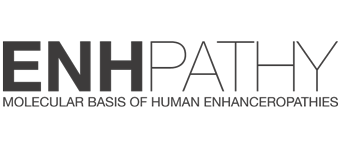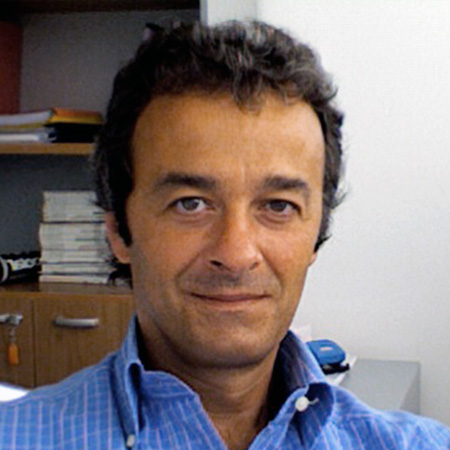Judith Zaugg is group leader at EMBL Heidelberg.
She has obtained her PhD jointly from Cambridge University and EMBL-EBI and trained as postdoc at Stanford University. Her group focuses on systems epigenetics and regulatory genomics, mostly using computational biology. Her landmark study on histone quantitative trait loci in 2015 has established a genetic basis of epigenetic markers. More recently, her work has pioneered the concept of enhancer-mediated cell-priming as important mechanisms in a disease called pulmonary arterial hypertension, highlighting the need for studying enhancers in disease-context.
Her group is known for developing computational tools for integrate multiomics data to derive fundamental biological insights into regulatory principles, such as chromatin-loops and splicing, transcription factor activity and cooperativity, and genetic determinants of expression variation. Since 2018 Judith has a second affiliation within the molecular medicine partnership unit (MMPU), where she co-heads the Stem Cell-Niche Networks group. Here, she studies the cellular interaction of hematopoietic/leukemic stem cells with the bone marrow niche, with a major interest in the role of enhancers.
Judith serves on several scientific advisory boards of international institutes on molecular medicine (NCMM and HCEMM) and on the editorial board of life-science alliance.

![]() This project has received funding from the European Union’s Horizon 2020 research and innovation programme under the Marie Sklodowska-Curie grant agreement No 860002. The information contained in this website reflects only the authors’ view. REA and EC are not responsible for any use that may be made of this information.
This project has received funding from the European Union’s Horizon 2020 research and innovation programme under the Marie Sklodowska-Curie grant agreement No 860002. The information contained in this website reflects only the authors’ view. REA and EC are not responsible for any use that may be made of this information.
 Maksim Kholmatov (ESR12)
Maksim Kholmatov (ESR12)

